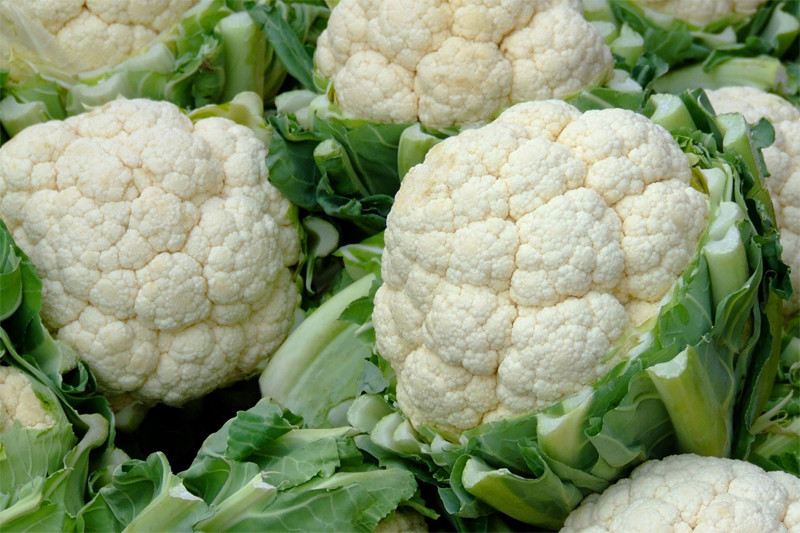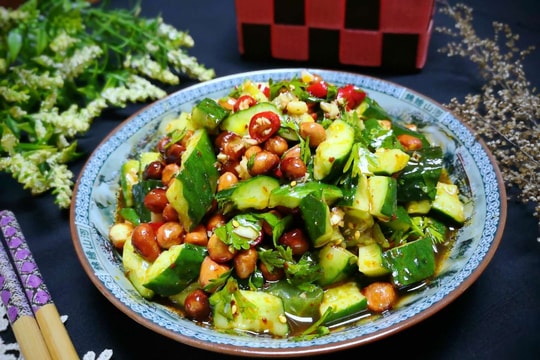Vegetables sold in the market contain all kinds of vitamins and prevent cancer.
Cauliflower is a familiar vegetable containing vitamins B, C, K, which are good for the intestines and reduce the risk of cancer.
This cruciferous vegetable is not only delicious and cheap, but also brings many benefits to the body.health. British nutritionist Dr. Emily Prpa said: "Cauliflower is popular not only because of its versatility in culinary creation but also because of its outstanding effects on the intestines due to its large amount of fiber."

According toMirror, cauliflower is also high in antioxidants, which can fight inflammation, improve circulation, and reduce the risk of certain cancers. "I can't emphasize enough how important fiber is for our gut and overall health," explains Dr. Prpa. "Fiber has long been known for its ability to help you digest food more easily. Eating enough fiber has been linked to a reduced risk of many chronic diseases, including heart disease, type 2 diabetes, and some cancers."
According to Cancer Research UK, natural chemicals in some vegetables such as cauliflower, broccoli and cabbage can boost DNA repair in cells, stopping them from becoming cancerous.
According to Dr. Prpa, good gut health is not just about eating the recommended amount of fiber (30g/day). Gut bacteria prefer different types of fiber - soluble and insoluble. So eat a mix of fibers, and broccoli provides a good amount of both.
“Soluble fiber promotes regular bowel movements, which can relieve constipation, while insoluble fiber helps move waste along, preventing problems like bloating,” Dr. Prpa explains.
Additionally, cauliflower is rich in phytochemicals that promote gut health. Dr. Prpa adds: “Cauliflower is rich in vitamins and minerals such as vitamin C, vitamin K, and B12. These nutrients facilitate tissue repair and maintenance within the intestinal mucosa, which is strong enough to eliminate toxins and bad bacteria. The B vitamins in cauliflower facilitate efficient digestion and nutrient absorption.”
The UK National Health Service recommends eating 400g of vegetables a day. Dr Prpa says: "Because cauliflower is cheap and easy to prepare, it's easy to incorporate into your diet. You can enjoy cauliflower in lots of different ways."








